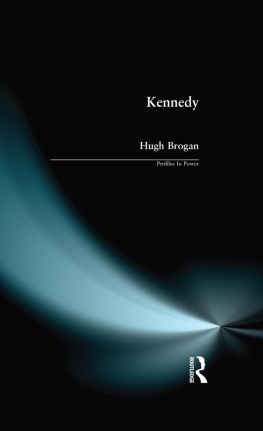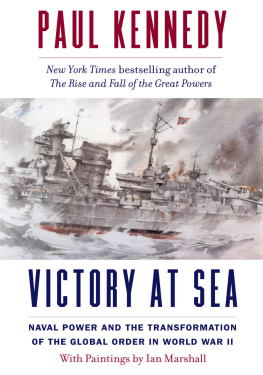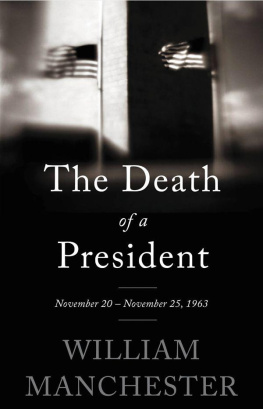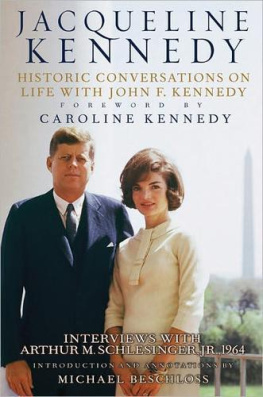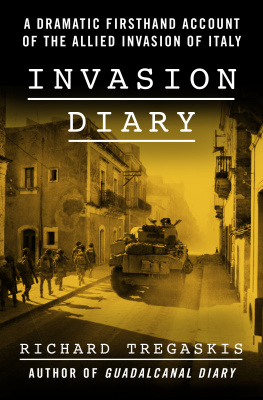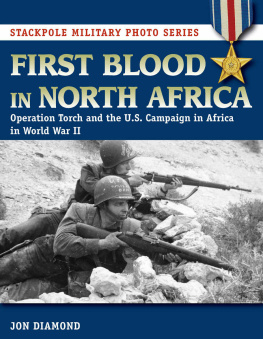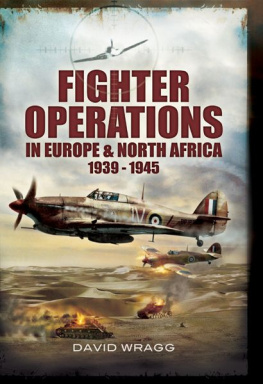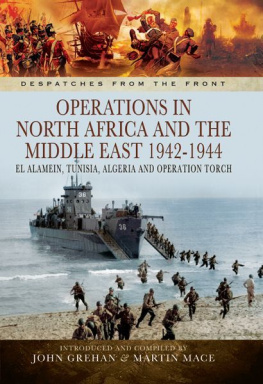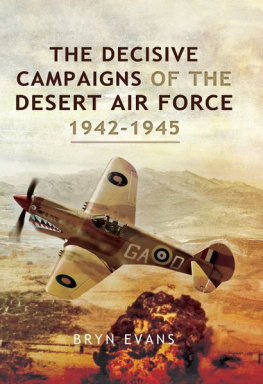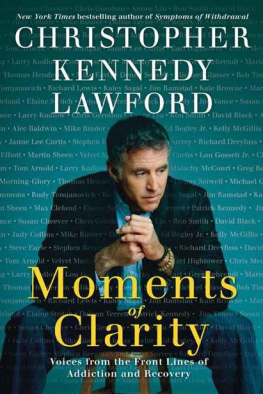Battlefield Surgeon
AMERICAN WARRIORS
Throughout the nations history, numerous men and women of all ranks and branches of the US military have served their country with honor and distinction. During times of war and peace, there are individuals whose exemplary achievements embody the highest standards of the US armed forces. The aim of the American Warriors series is to examine the unique historical contributions of these individuals, whose legacies serve as enduring examples for soldiers and citizens alike. The series will promote a deeper and more comprehensive understanding of the US armed forces.
SERIES EDITOR: Roger Cirillo
An AUSA Book
BATTLEFIELD SURGEON
Life and Death on the Front Lines
of World War II
Paul A. Kennedy
Edited by Christopher B. Kennedy
Foreword by Rick Atkinson
Afterword by John T. Greenwood
Due to variations in the technical specifications of different electronic reading devices, some elements of this ebook may not appear as they do in the print edition. Readers are encouraged to experiment with user settings for optimum results.
Copyright 2016 by The University Press of Kentucky
Scholarly publisher for the Commonwealth,
serving Bellarmine University, Berea College, Centre College of Kentucky, Eastern Kentucky University, The Filson Historical Society, Georgetown College, Kentucky Historical Society, Kentucky State University, Morehead State University, Murray State University, Northern Kentucky University, Transylvania University, University of Kentucky, University of Louisville, and Western Kentucky University.
All rights reserved.
Editorial and Sales Offices: The University Press of Kentucky
663 South Limestone Street, Lexington, Kentucky 40508-4008
www.kentuckypress.com
All photographs are from the authors collection.
Library of Congress Cataloging-in-Publication Data
Names: Kennedy, Paul A., 19121993, author. | Kennedy, Christopher B., editor.
Title: Battlefield surgeon : life and death on the front lines of World War II / Paul A. Kennedy ; edited by Christopher B. Kennedy ; foreword by Rick Atkinson ; afterword by John T. Greenwood.
Other titles: Life and death on the front lines of World War II
Description: Lexington, Kentucky : The University Press of Kentucky, [2016] | Series: American warriors | Includes bibliographical references and index.
Identifiers: LCCN 2016006705| ISBN 9780813167237 (hardcover : alk. paper) | ISBN 9780813167244 (pdf) | ISBN 9780813167251 (epub)
Subjects: LCSH: Kennedy, Paul A., 19121993Diaries. | United States. Army. Auxiliary Surgical Group, 2ndBiography. | World War, 19391945Medical careUnited States. | SurgeonsUnited StatesBiography. | United States. ArmySurgeonsBiography. | Surgery, MilitaryUnited StatesBiography. | World War, 19391945CampaignsAfrica, North. | World War, 19391945CampaignsItaly. | World War, 19391945Personal narratives, American.
Classification: LCC D811.5 .K458 2016 | DDC 940.54/7573092dc23
LC record available at http://lccn.loc.gov/2016006705
This book is printed on acid-free paper meeting the requirements of the American National Standard for Permanence in Paper for Printed Library Materials.
Manufactured in the United States of America.
| Member of the Association of
American University Presses |
To my peerless father
To all the members of the Second Auxiliary Surgical Group
And, of course, to Ana
Contents
by Rick Atkinson
by John T. Greenwood
Foreword
A good diary can bring back the dead with a power denied even the most gifted physician. Paul A. Kennedy was an exceptional surgeon, but it is his journal of three years at war in North Africa, Italy, and western Europe that resurrects an era now more than seventy years gone. The story he tells, day by day, is vivid, poignant, and often shocking. Kennedy is as committed to his comrades and to his countrys cause as any loyal soldier, yet the stark authenticity of his narrative makes this among the most compelling antiwar accounts of World War II.
As a proficient combat surgeon must, Kennedy works briskly through the long queue of broken soldiers who appear on his operating tableyoung men damaged by artillery, mines, gunshots, grenades, bombs, accidents. Through him we see entry wounds, exit wounds, transverse liver wounds, fractured skulls, amputations, gut perforations. Among the first battlefield cases he treats in Tunisia is an unexploded twenty-millimeter shell embedded in a soldiers elbow, not the sort of procedure normally taught in medical school. At Salerno, where he spends his first night ashore sleeping just beyond the beach, with only a towel for cover, he operates on an Italian boy who has lost both legs and an eye. I never really knew until today, he writes, what war means to civilians. The boy dies. On the Volturno River, he treats a soldier with a piece of shell in his brain, a bullet in his belly, and his left hand blown off. Kennedys skill as a draftsman in meticulously illustrating severe wounds makes his written descriptions even more wrenching.
Treating hundreds of combat wounded only enhances Kennedys humanity. His admiration for ordinary GIs, particularly infantrymen, is unalloyed. Arms and legs missingdirty, foul-smelling woundsand never a complaint from any of them, he writes. He mourns for widows who have yet to hear of their loss, like Ina Mae Warren of Iowa, whose corporal had an arm and a leg blown off plus a thousand other wounds... So tonight, unknown to her, Ina Mae Warren is without her husbandand forever.
Like the army he serves, Kennedy becomes ever more adept as the war unfolds. Off duty, he studies surgery textbooks and seeks out experienced surgeons for advice. Through him we sense the brilliance of American technical skill, innovation, and logistical competence. Through him we also experience wars misery: mud, rain, bad food, incoming artillery, inconstant mail, air raids, loneliness (an actual ache that I can feel). He is an astute observer with a gift for evocative images. Aboard a troop transport bound for southern France, he puts in a shift as a watch officer down in a dark hatch filled with sweating soldiers. Fortunate your sense of smell tires after a time and you smell nothing. During yet another artillery barrage in France he hugged the earth with a fierce love.
A civilian at heart, he can be caustic about military life. Hash, hash, beans, and more hash, he complains, then repeats the time-tested GI injunction: Keep your mouth shut, bowels open, and dont volunteer for anythingthats the army. After an inspection by a senior medical officer, Kennedy writes, He asked some awfully stupid questions for a guy whos supposed to be the boss of all medical installations. As a doctor who often lives and works in danger, close to the front, he disdains rear-echelon officers all dressed up with their pants pressed.


